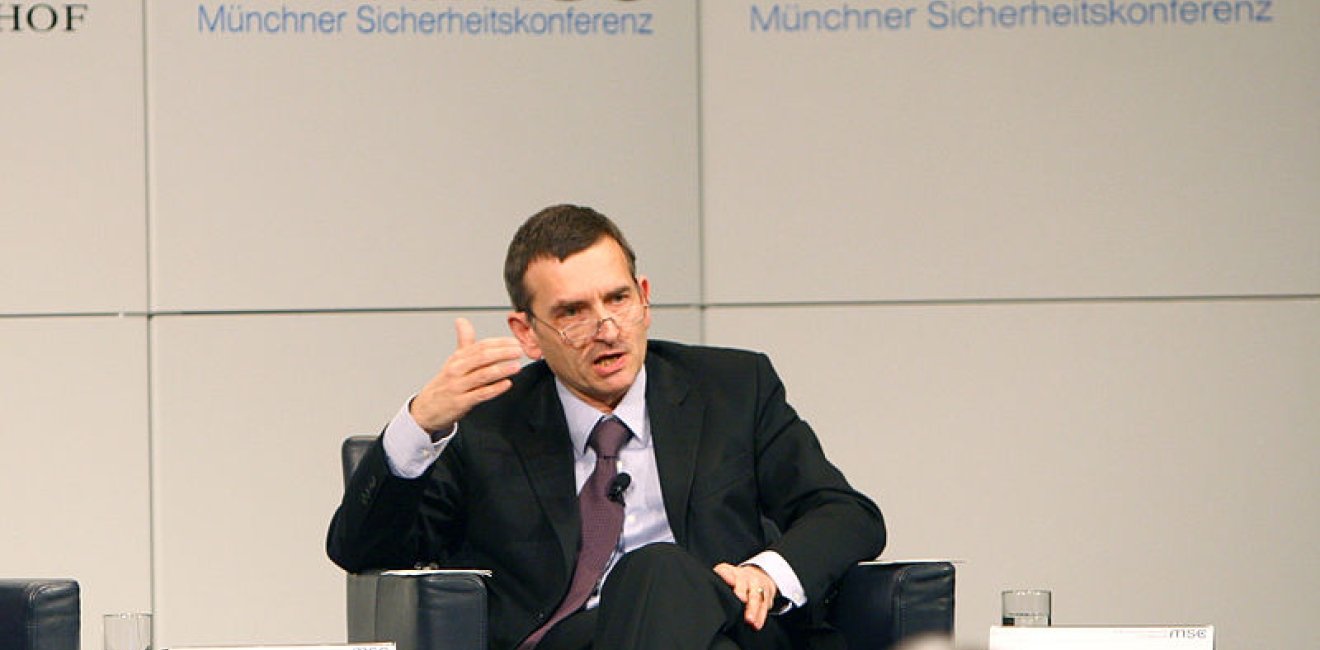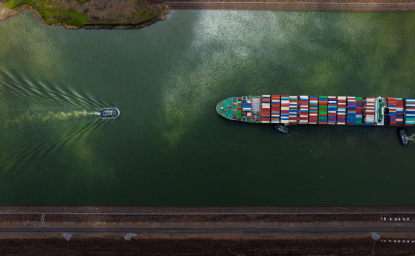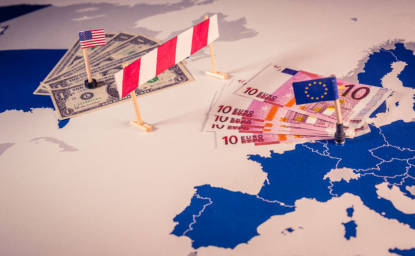"Alternatively, if Europe is unable to resolve the Ukraine crisis with diplomacy, its global influence, and that of Russia, will surely fade. Russia has reminded the world that it is possible to bully one’s neighbors and steal their territory using brute force; but, in a globalized, multi-polar system, this alone will not be enough to rally other countries to its cause. And the EU, as a highly sophisticated paper tiger, would be no more attractive," writes Volker Perthes in an op-ed, originally published by Project Syndicate. Please follow the link for the full text of "Europe in a Multipolar World." A summary of the op-ed is provided below.
Despite widespread Western concern over Russian irredentist claims in Crimea, many other nations view Putin’s aggression in Ukraine not as a threat to world order, but rather as a red flag for the continuing challenge of European regionalism.
The abstention of 58 UN member states – along with the nonparticipation of 24 UN member states – in the United Nations Security Council vote concerning territorial dispute in Ukraine serves as testament to the increasingly multi-polar nature of international relations.
Non-European states now feel empowered to take up a stance when and where they see fit; European issues, even violent ones, seem to be of less interest. The reason: a distinct lack of reciprocity. Non-European countries recognize the double standard held to them by Europe and the West and they advise Europe to take concrete steps to defuse the Crimean crisis in lieu of advocating for general support.
According to Perthes, the ongoing crisis could be effectively resolved with the help of certain organizations – the Organization for Security and Cooperation in Europe (OSCE) in particular. However, the OSCE will remain ineffective without utilizing its various “diplomatic mechanisms”. In the case that Europe avoids taking decisive action or neglects employing its various security-focused bodies such as the OSCE, it will lose both credibility and importance on the world stage.
Europe finds itself at an impasse; lacking support from non-European countries, it remains essential that the EU not only take definitive steps towards resolving the ongoing issue in Crimea, but also prove itself worthy of revamping European security and diversifying its energy supply.
Summary written by Evan Woodnorth, Global Europe Program.





